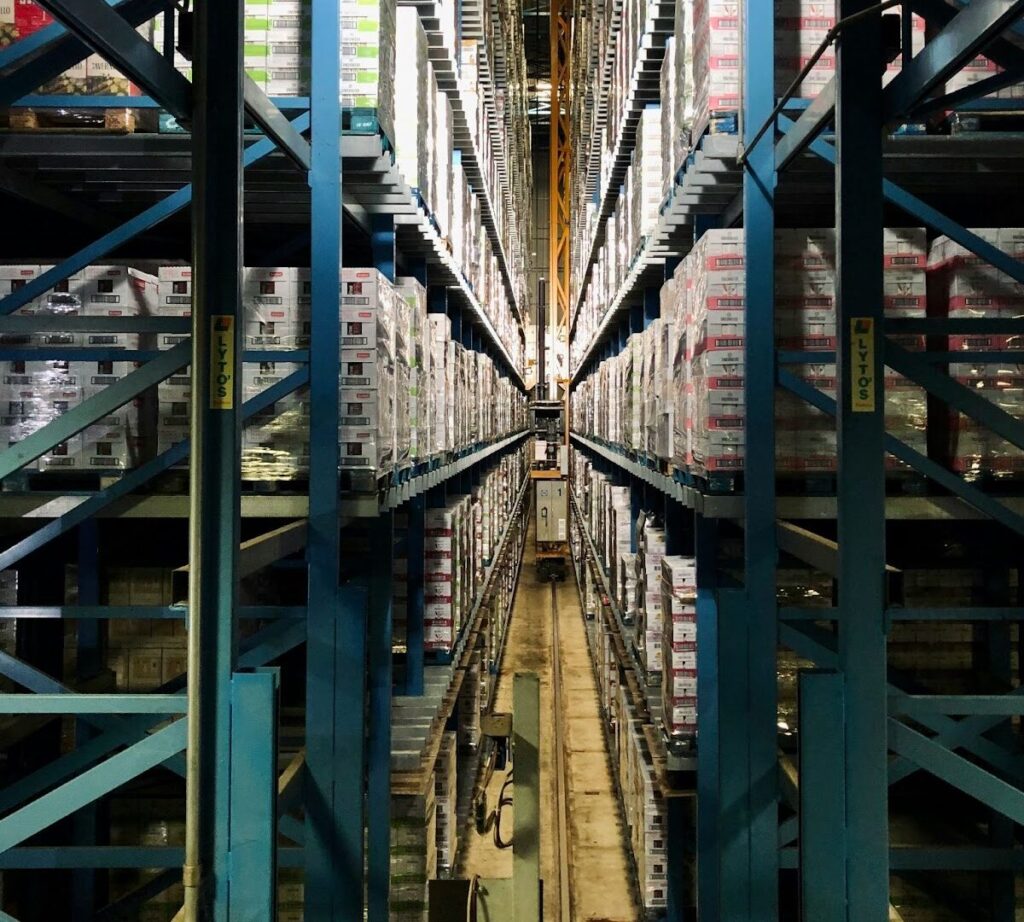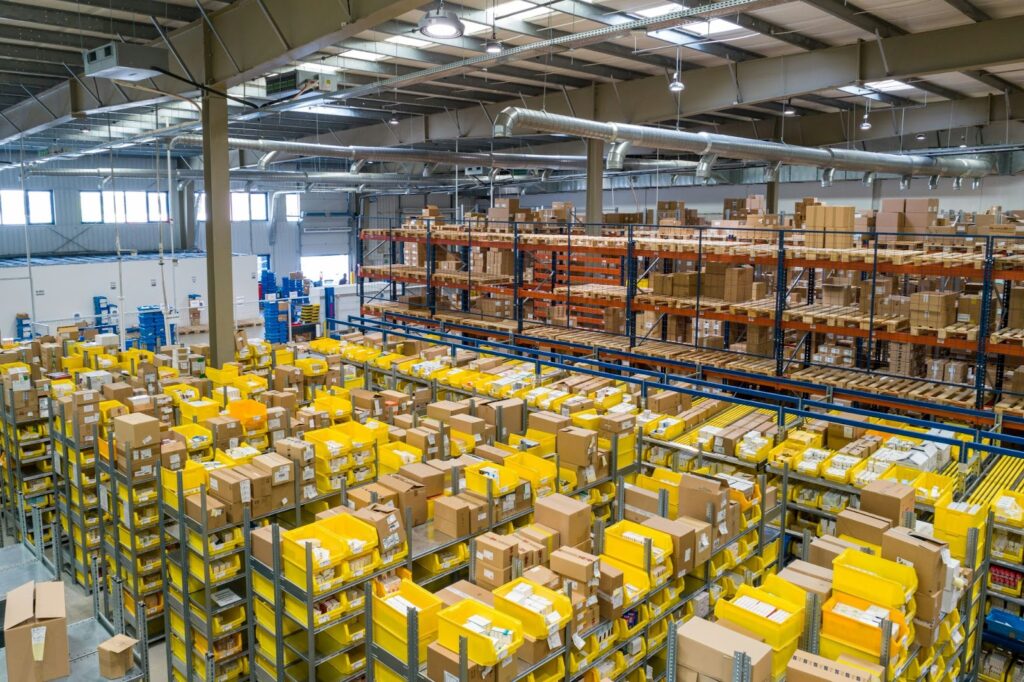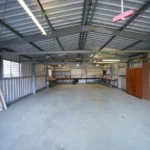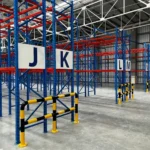Warehousing plays a vital role in supply chain management, serving as the central hub where products are received, stored, and dispatched. Efficient warehouse operations ensure timely deliveries, cost savings, and customer satisfaction.
On the other hand, inefficient operations can lead to delayed order fulfillment, increased costs, and customer dissatisfaction.
One key aspect of warehouse efficiency is the use of technology. Modern warehouses are increasingly adopting automation and robotics to streamline processes such as picking, packing, and inventory management. Automated systems can significantly reduce human error, improve order accuracy, and increase the speed of operations. Additionally, technologies like RFID (Radio-Frequency Identification) and WMS (Warehouse Management Systems) play a crucial role in tracking inventory levels, optimizing storage space, and enhancing overall operational efficiency.
The Role of Warehousing in Supply Chain Management
Warehouses are the heart of the supply chain, providing storage and distribution solutions for manufacturers, wholesalers, and retailers. They facilitate the smooth flow of goods from suppliers to customers, playing a crucial role in inventory management, order fulfillment, and transportation coordination.
With effective warehouse management, businesses can enhance their overall supply chain performance, reduce stockouts, and meet customer demands efficiently.
Moreover, warehouses also serve as strategic points for value-added services such as kitting, labeling, and quality control.
By offering these services within the warehouse premises, companies can reduce lead times, improve product customization, and provide added value to customers.
This integration of additional services not only enhances operational efficiency but also strengthens customer relationships and competitive advantage in the market.
The Impact of Inefficient Warehouse Operations
Inefficient warehouse operations can have far-reaching consequences that negatively affect the entire supply chain. Excessive carrying costs, long lead times, inaccurate inventory, and inefficient handling can result in increased costs and reduced customer satisfaction.
Did You Know?
Inefficient warehouse operations cause UK warehouses to lose nearly 3,000 hours every year, especially when it comes to inventory control, packing, unloading, and picking.
Furthermore, poor warehouse layout design and lack of space utilization can lead to operational bottlenecks, lower productivity, and increased risk of errors and accidents.
Another critical aspect of inefficient warehouse operations is the impact on sustainability. Inefficient use of space, energy, and resources not only adds to operational costs but also contributes to environmental degradation.
By optimizing warehouse processes, implementing green initiatives, and adopting sustainable practices, companies can reduce their carbon footprint, minimize waste, and contribute to a more environmentally friendly supply chain ecosystem.









